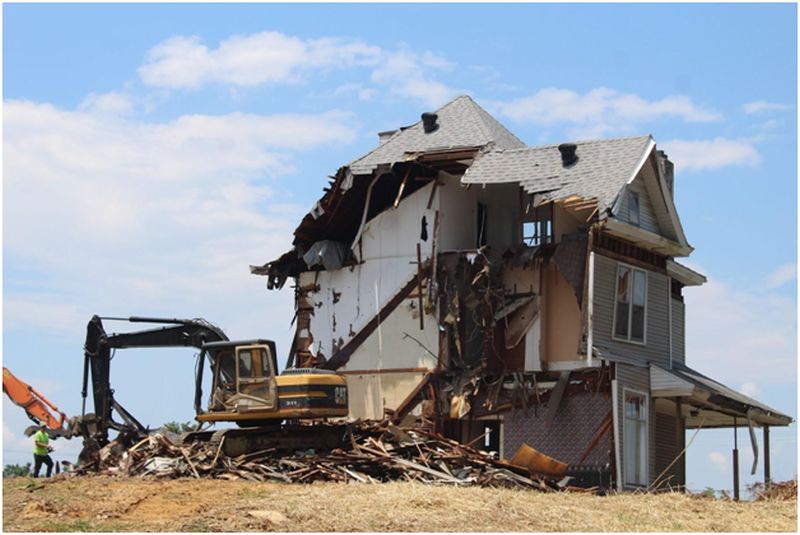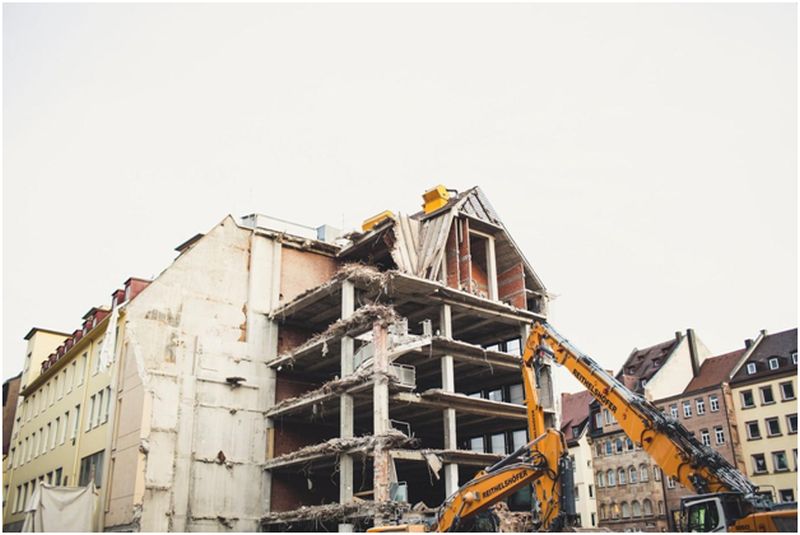Even well-built structures ultimately deteriorate, leaving you to choose between starting a renovation project and hiring demolition specialists. When considering demolishing a house, educating yourself on your options is essential. The key is to decide the best course of action to take to stay within your budget and maximize the project’s results.
To aid your decision, we’ve curated a list of the biggest factors to consider.
1. Your Long-Term Goals
Before the demolition, you must decide what you want. Deciding to take a different course of action after the home destruction has begun can be very expensive. Is it your intention to keep the house’s structural integrity while renovating and modernizing its features and internal systems? Or, do you want to make room so you may build a brand-new home from scratch? Factor in the demolition fees and the rebuild in addition to the demolition charges. If you are unsure of your objectives or the best course of action, it is a good idea to consult a skilled demolition contractor for personalized advice.
2. The House’s Location
Sometimes, it makes sense to purchase a piece of property that already has an old house, especially in communities where land is scarce. In these circumstances, the land, rather than the physical building, adds the most value to the property. So, rather than trying to remedy the issues of the existing building, you may consider demolishing it to make room for new construction.
If the property is in a desirable location for your family’s needs, evaluate your budget to decide whether it is worthwhile to invest the time, money, and effort necessary to prepare the site for your new construction. The figures frequently add up to a fantastic ROI down the road. For instance, you can purchase a decaying home for a small portion of its market worth if it’s close to a desirable community with expensive residences. Because of the increased property worth, you will experience in the future, rebuilding in the area can help you recoup the money you spent.
3. The Cost of House Demolition

When you decide that it’s time to move forward with demolition, you must be wondering how much does it cost to demolish a house. Generally, the average cost of demolition services runs between $4 and $15 per square foot. Several factors influence the demolition price, including the home’s square footage, location, building materials, and proximity to nearby services. Also, the labor costs will vary depending on whether you need partial or complete demolition, the need for heavy machinery, and any extra services such as grading or debris disposal. Additional costs might be charged for specialized services such as lead paint cleanup or hazardous materials removal, as such services call for specialized knowledge and tools.
4. The Historical Value of the House
If you have a historical property, there can be restrictions on what can be done. To find out if there are any deed limitations or city rules that you must follow, speak with your neighborhood building department. If the house is located in a historic district, conduct a thorough evaluation of the property to see whether you might need to leave the external construction in place. Also, tax incentives may occasionally be available for historic home renovation and partial demolition.
5. Local Permits
You must keep up with the most recent information regarding local permits because city and county code requirements are constantly changing. Usually, you’ll have to get a permit weeks before demolition.
Keep in mind that getting the permit can require work, so don’t wait until the last minute to get the necessary permits to avoid potential delays in the demolition project. Before destruction, you might need to take care of several details, such as a dangerous materials examination. For instance, due to the materials used in the original construction, if the house was built in the 1960s or earlier, asbestos removal may be required.
Consider the permits or disconnection criteria you must meet through the utility providers as a final step. Reach out to the utility providers to determine how and when the water, electric, and gas lines should be disconnected. It’s crucial to take this action to prevent an accident and potential service disruptions in the area.
Final Thoughts
If the house is in poor condition and has structural issues or safety concerns, demolition might be the best option. Of course, every home is unique, so it’s essential to consider the property features and your individual needs. For instance, just because major renovation is needed doesn’t necessarily mean that you need a complete house demolition. You might still be able to retain the foundation or add onto a portion of the home.
Article Submitted By Community Writer




